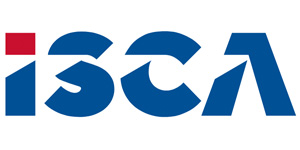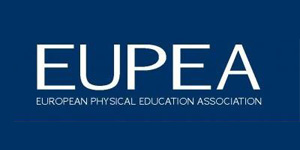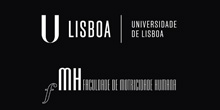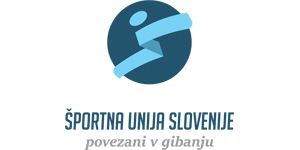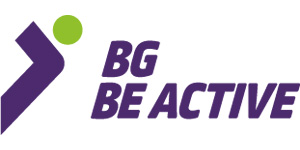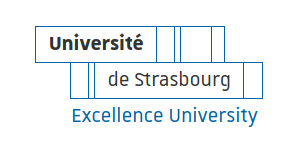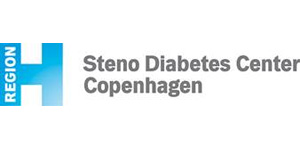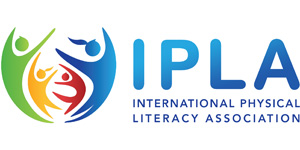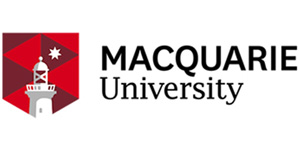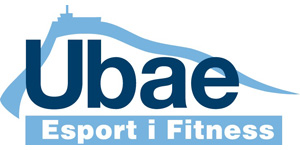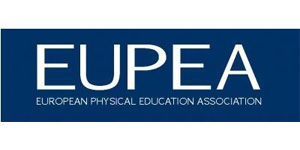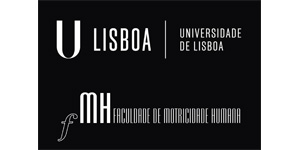Physical Literacy for Life Partners
The Physical Literacy for Life project brings together partners from the education, sport and health sectors, and includes the International Sport and Culture Association, Denmark (lead), European Physical Education Association (EUPEA, Switzerland), International Physical Literacy Association (UK), Macquarie University (Australia), Human Kinetics Faculty of the University of Lisbon (Portugal), University of Strasbourg (France), Steno Health Promotion Research (Denmark), BG Be Active (Bulgaria), DGI (Denmark), Sports Union of Slovenia, and UBAE (Spain). You can find out more about the individual partners below.

International Sport and Culture Association (ISCA)
Denmark
ISCA is the coordinator of the Physical Literacy for Life project. ISCA is a global platform open to organisations working within the field of sport for all, recreational sport and physical activity. Created in 1995, ISCA cooperates with its 260 member organisations from 89 countries, international NGOs, and public and private sector stakeholders. Collectively, its members have up to 40 million individual members representing a diverse group of people active in grassroots sport and physical activity promotion. As well as running international projects and expanding the NowWeMOVE campaign worldwide, ISCA takes a full role in the public debate on healthy lifestyle promotion and strives to influence policy in this area.
Visit websiteEuropean Physical Education Association (EUPEA)
Switzerland
EUPEA is the umbrella organisation of the national Physical Education Associations in Europe, representing approximately 200,000 individual members (physical education teachers) in 32 countries. EUPEA’s expertise lies in the field of physical education (PE) and school sport, as well as in Physical Education Teacher Education (PETE). EUPEA has an excellent multilevel PE and school sport network in Europe consisting of National Physical Education Teacher Associations, PE teachers and corresponding schools. EUPEA has conducted several studies on PE and school sport in Europe (Onofre et al., 2012; Holzweg et al., 2014; Marques et al., 2014), was part of the PHYLIT project (2018), and has presented on physical literacy and advocacy at international conferences (HIPE, 2018, EUPEA Forum, IPLA Conference 2018).
Visit websiteUniversity of Lisbon
Portugal
The University of Lisbon is the biggest University in Portugal, with 18 schools, more than 3500 academic staff and about 48,000 undergraduate and post-graduate students, and 87 recognised research units. Its Faculty of Human Kinetics (FMH) aims to contribute to a healthier and more active Portuguese population by focusing on the promotion of physically active lifestyles and health-enhancing physical activity (HEPA) for children, youth and adults. In this context, research on quality PE and school sport is now one of the most important research fields, considered as a privileged means to promote the physical literacy as the basis of an active lifestyle.
Visit websiteSports Union Slovenia (SUS)
Slovenia
As the largest sport for all organisation in Slovenia, SUS connects different sports organisations, associations, clubs and individuals working in the field of recreational sport and sports education in Slovenia. It unites over 200 organisations and has over 60,000 members. SUS has been accredited by the Ministry of Education in Slovenia to deliver certified (and compulsory) non-formal and national training programmes and educates over 500 certified trainers in the field of sport and recreation. SUS's knowledge on conducting education, supplementary training and improvement of professional and organisational staff, brings essential expertise to this project within implementation and capacity building of physical literacy.
Visit websiteBG Be Active
Bulgaria
BG Be Active was created back in 2011 as an NGO, initially with the purpose of promoting Health Enhancing Physical Activity (HEPA) among Bulgarians. Since 2012 the association has been coordinating the NowWeMOVE Bulgaria campaign – the largest public campaign in Bulgaria (and Europe) aimed at propagating the movement and sport for health. Over the past decade, it has managed to organise nearly 2000 events in over 250 cities and villages in Bulgaria, helping over 1 million people become more active. It is BG Be Active’s belief that HEPA is not a luxury commodity, but a basic human right and our efforts are focused on ensuring that right for Bulgarian citizens through active work in the field.
Visit websiteUniversity of Strasbourg
France
The University of Strasbourg has more than 50,000 students and 71 research units. Four Nobel prize winners are currently working there and it is ranked among Europe’s top 30 universities. Its staff have published several articles on physical literacy and physical education. For example, Potdevin, Schnitzler et al. (2017) showed how the evolution of health literacy models promoted and impacted the mission of PE teachers, and Potdevin Schnitzler et al. (2018) sought to understand to what extent the promotion of knowledge through video feedback could impact two other components of physical literacy, namely physical competences and motivation.
Visit websiteSteno Health Promotion Research (SHPR)
Denmark
Steno Health Promotion Research (SHPR) is an integrated part of the Steno Diabetes Center Copenhagen (SDCC). SHPR is a humanistic research and development unit established in 2009. It supplements the strong SDCC tradition of excellence in patient care and biomedical research with an aspiration to excel in the field of health promotion research in relation to diabetes and related risk factors, social determinants and conditions. This project is an important supplement to its already rich and dynamic portfolio of projects that seeks innovative approaches to health promotion among children and youth. SHPR's existing research on physical literacy among 0-6 years olds as well as its focus on the aging population and health creates a link to physical literacy as a lifelong journey.
Visit websiteDGI
Denmark
DGI is a national sport for all organisation and consists of more than 6,000 local associations and clubs, with more than 1.5 million members. Spread out over 14 regions, each with their own local departments, DGI covers all of Denmark. Since its founding in 1992, DGI has been a strong advocate for a healthy, challenging and community-based sports environment. An environment in which the individual can find a desire to take an active part in physical activity throughout the life course. DGI wants the individual to work in unison with the community that surrounds them, and become better and stronger because of it. DGI’s great interest in physical literacy, together with its political and local connections, will create links between the concept and schools, clubs and communities.
Visit websiteInternational Physical Literacy Association (IPLA)
UK
IPLA is a registered charitable incorporated organisation (CIO) with the Charity Commission UK that aims to promote the value of physical literacy worldwide, continue to develop the concept of physical literacy, preserve the integrity of Physical Literacy, provide a forum for exchange of views relating to Physical Literacy, support and disseminate research and scholarly activity in all aspects of Physical Literacy, and encourage research activity and the application of research and scholarly activity into policy and practice. IPLA is in direct cooperation with Margret Whitehead (the initiator of the physical literacy concept) and is an active promoter of the physical literacy movement and its development.
Visit websiteMacquarie University
Australia
The Department of Educational Studies at Macquarie University is shaping the future of education through transformative learning and research. The university will provide expertise and knowledge to develop the definition and concept of physical literacy through this project. Dean Dudley, the university’s representative in this project, is one of the world’s leading experts in physical literacy, and was part of developing a framework of the concept that is now used in Australia, New Zealand and several Pacific islands. Along the way he has become an advisor to both the education (Department of Education in New South Wales) and sport sectors (Sport Australia), as well as UNESCO.
Visit websiteUnio Barcelonina d’Associacions Esportives (UBAE)
Spain
UBAE Foundation is a leading promoter and provider of sport and fitness in Catalonia and beyond, implementing activities both in the rest of Spain and in other European countries. It is a non-governmental and non-profit organisation established in the 1980s to address the lack of resources and activities provided by the Municipality of Barcelona to encourage people to take up sport and physical activity. UBAE runs a grassroots sport training centre, Eurofitness, and has provided official certification to young people for more than 20 years as well as delivering training programmes in several countries in Latin America. UBAE will focus on the connection between health and fitness to promote physical literacy in Spain.
Visit website

